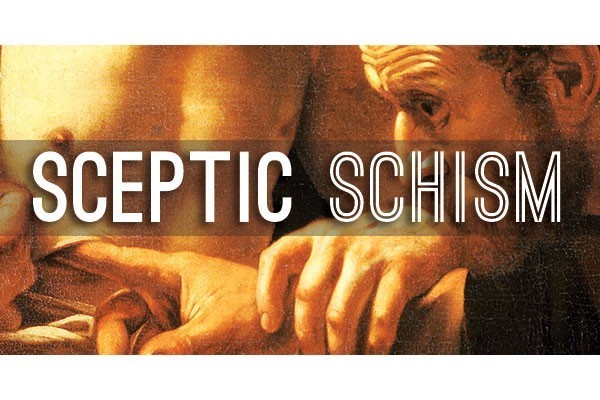Conservatives are a bunch of meat-eating, game-hunting, tax-decreasing, hard-drinking, Bible-bashing, black-and-white-thinking, immigration-hating, oil-fracking-loving, morally dogmatic philistines. Liberals are a bunch of bike-riding, tree-hugging, whale-saving, big-government-promoting, tax-increasing, flip-flopping, wishy-washy, namby-pamby bedwetters.
These definitions are lifted from Michael Shermer’s book The Believing Brain, slightly altered for a New Zealand setting. They are stereotypes, but most people identify more with one side and not with the other. Choosing what you identify with should be a rational, personal decision, but it is actually highly likely that your political leanings are the same as your parents’.
Social psychologist Jonathan Haidt proposes five innate and universal psychological systems that give humans a sense of what we believe is right and wrong. These are harm/care (the ability to empathise), fairness/reciprocity (a feeling of justice or injustice over exchanges), in-group loyalty (the prioritising of people close to you over strangers), authority/respect (the acceptance of social hierarchy), and purity/sanctity (the avoidance of things or behaviours we believe are unclean).
Put simply, liberal and conservative priorities are irreconcilable because each group prizes different social values. Haidt has had over 300,000 people online rank these values in order of importance. His findings show consistent differences in the values of conservatives and liberals. Conservatives tend to value in-group loyalty, authority/respect and purity/sanctity slightly more than harm/care and fairness/reciprocity, while liberals place the latter two at the top of their priorities.
I tried for some time to confront my biased, liberal upbringing. Conservative people have admirable traits: on average, American conservatives give 30 percent more money to charity (even when controlled for income), do more hours of volunteer work, are more likely to report being “very happy”, and have lower rates of mental illness. But no matter how hard I try, I cannot accept that hierarchy, purity and loyalty to an in-group could be more important than fairness and caring for everybody. I may have been primed toward this bias from conception, and it is statistically likely that I will stay liberal until I die.







